Deliver to Portugal
IFor best experience Get the App


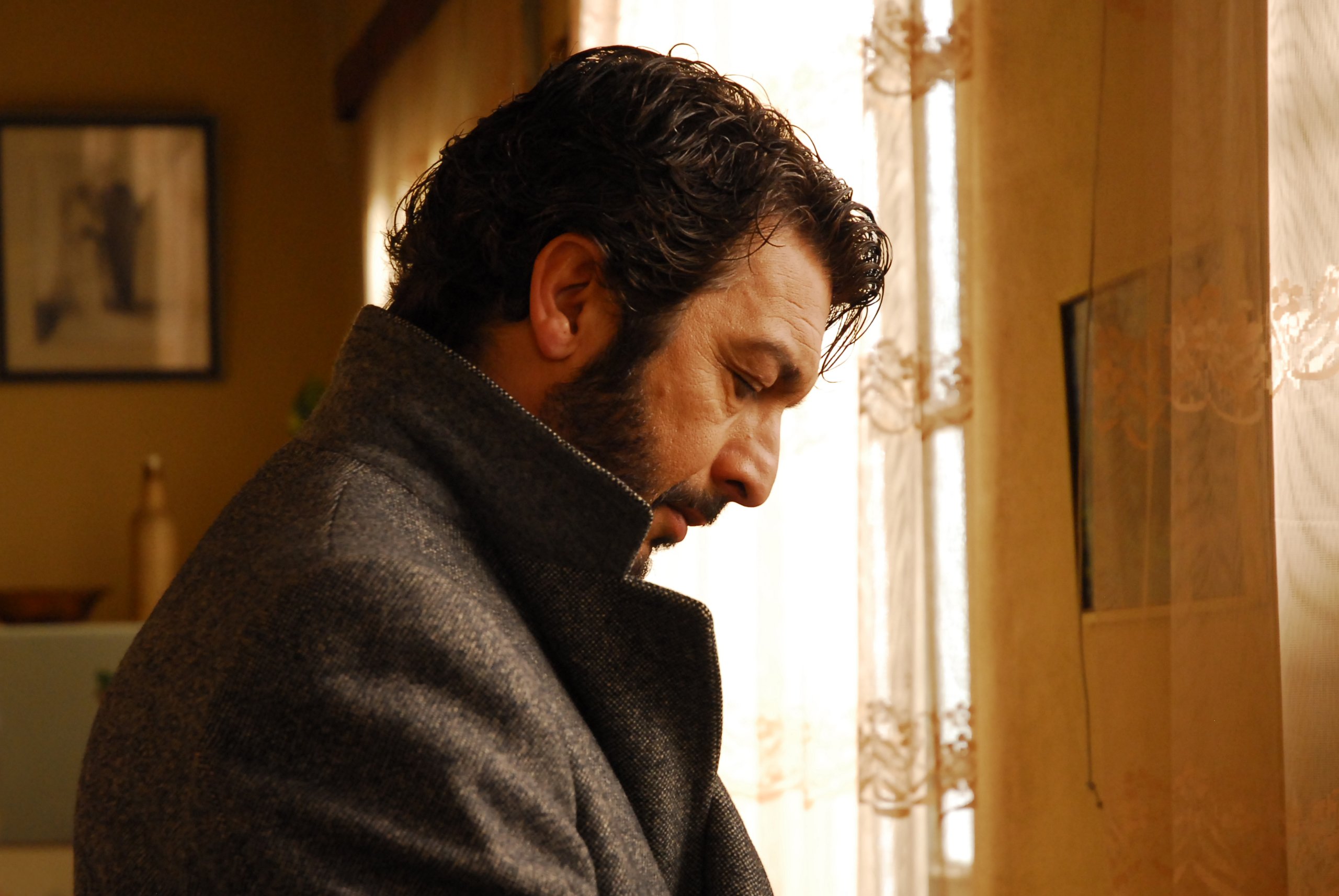
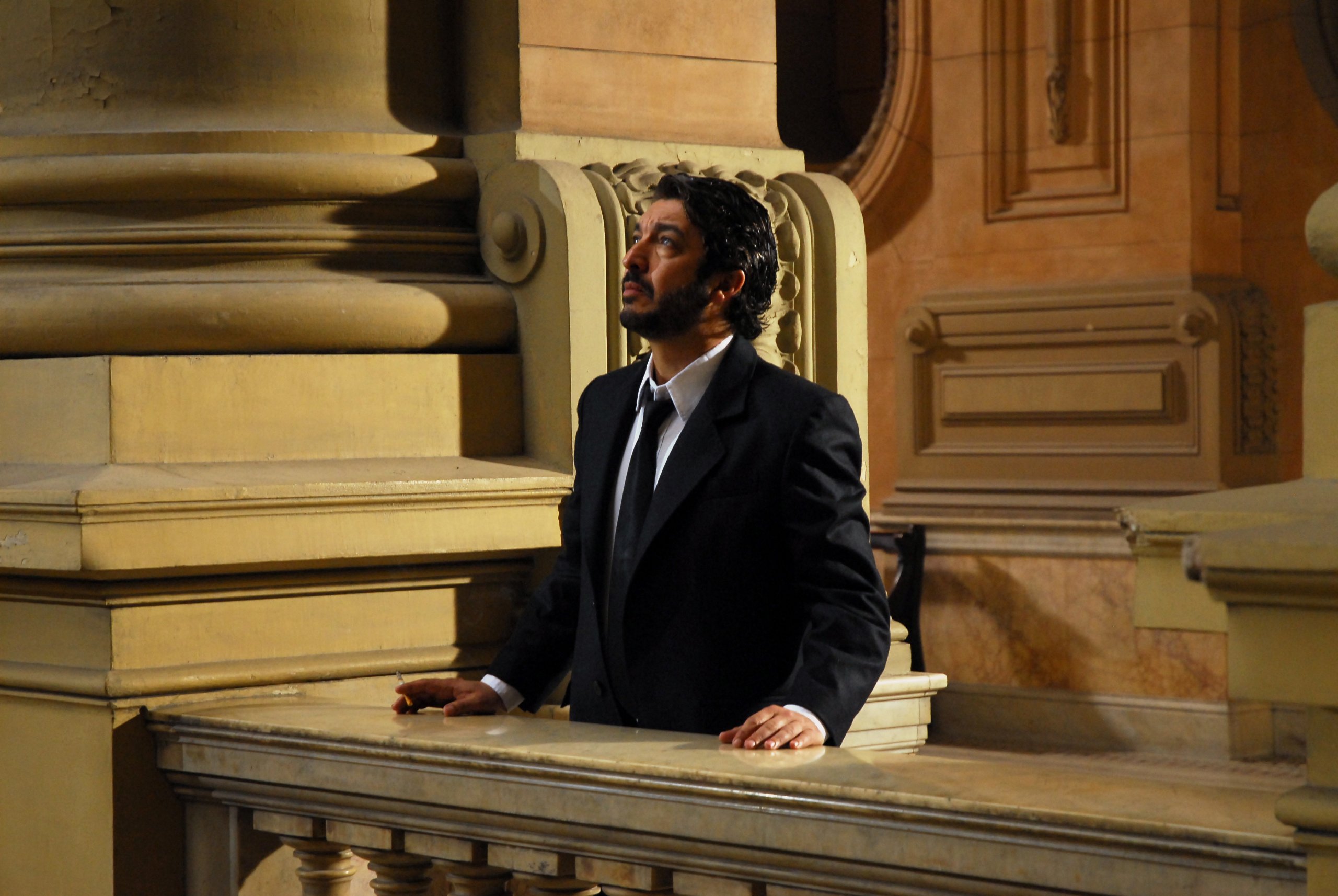
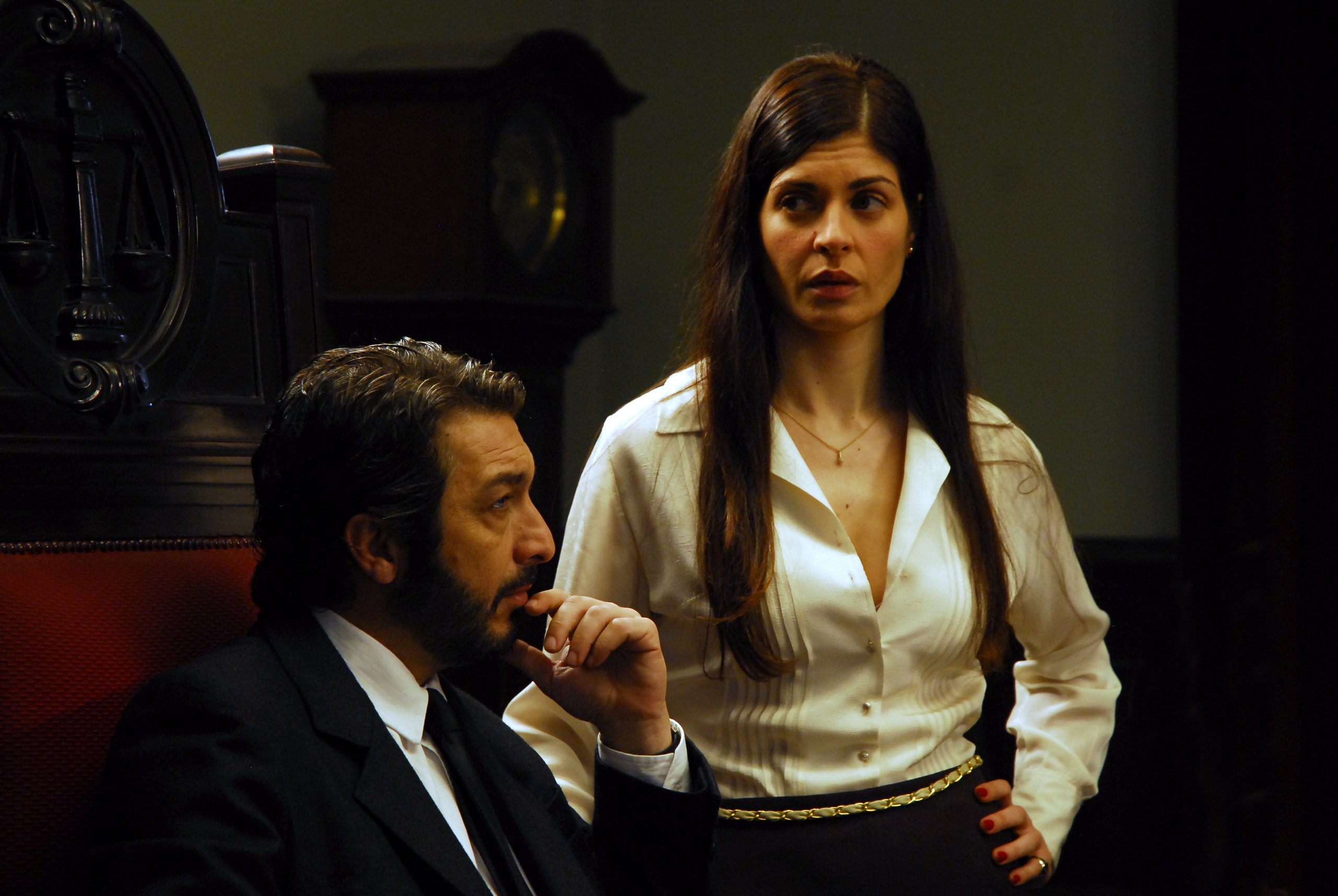

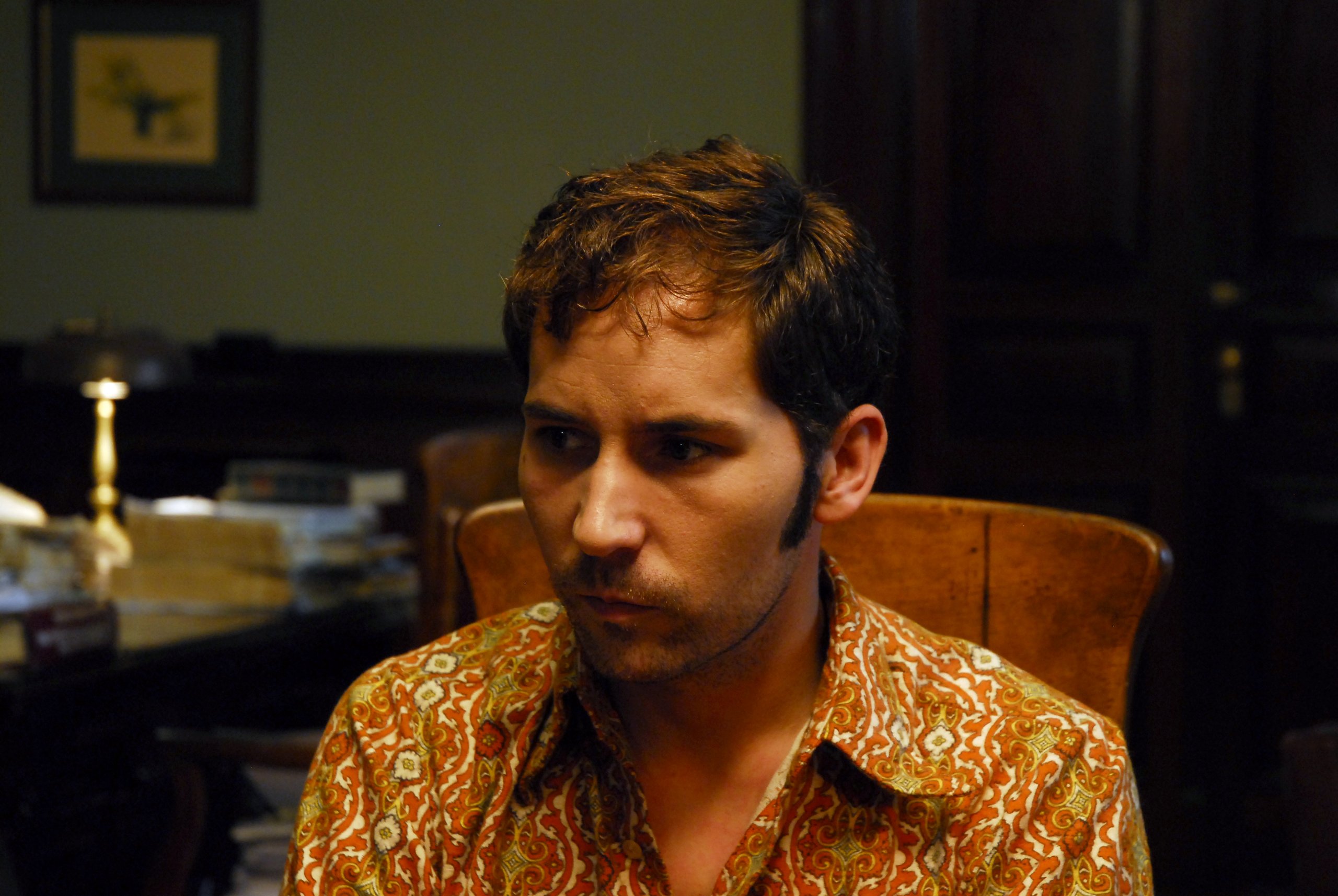
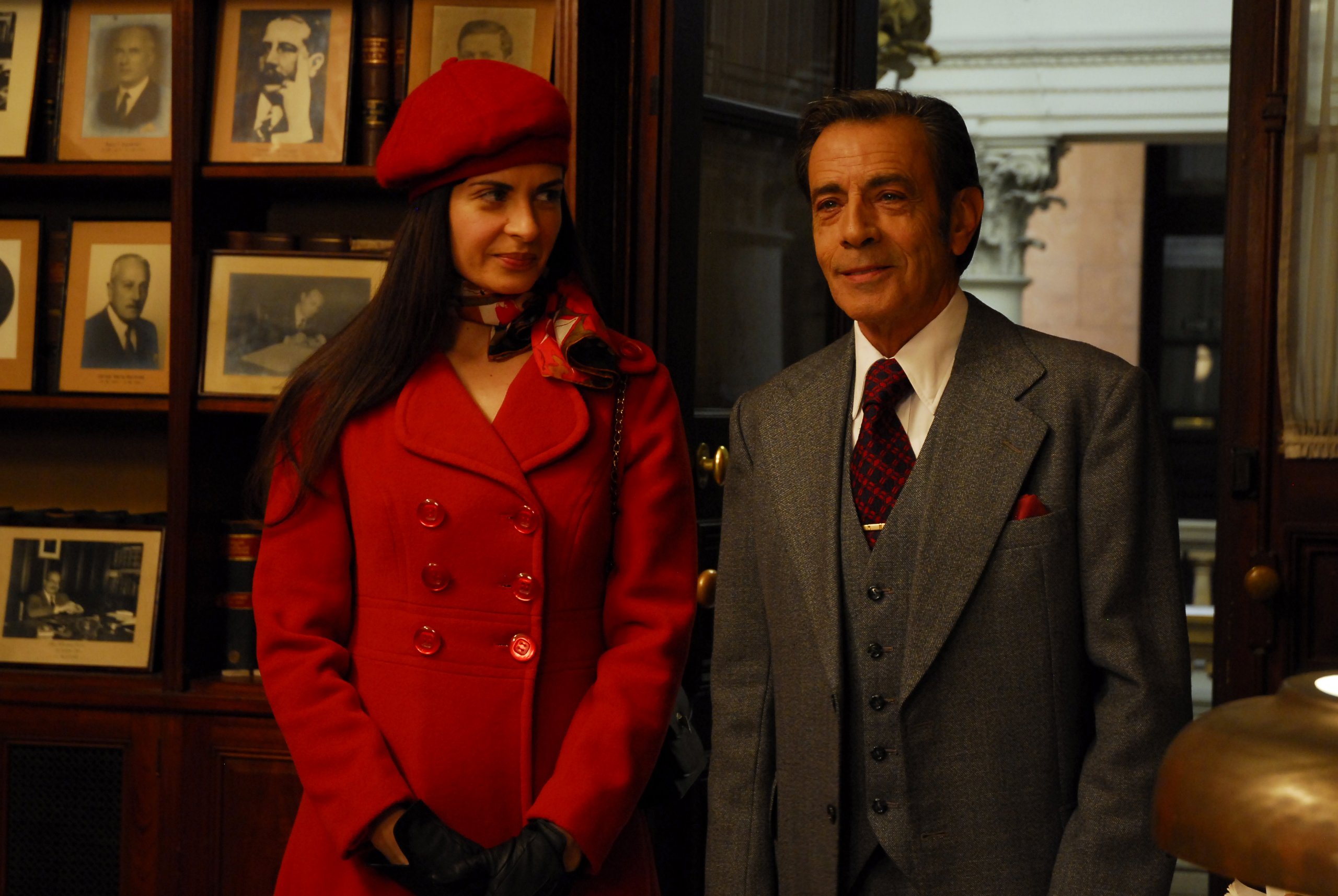
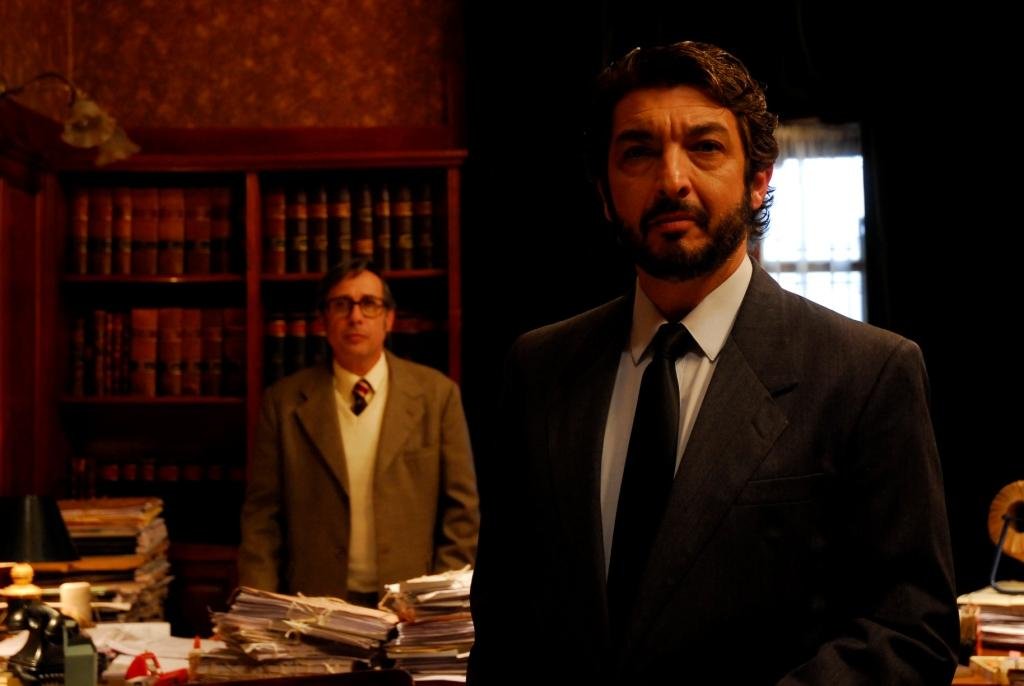
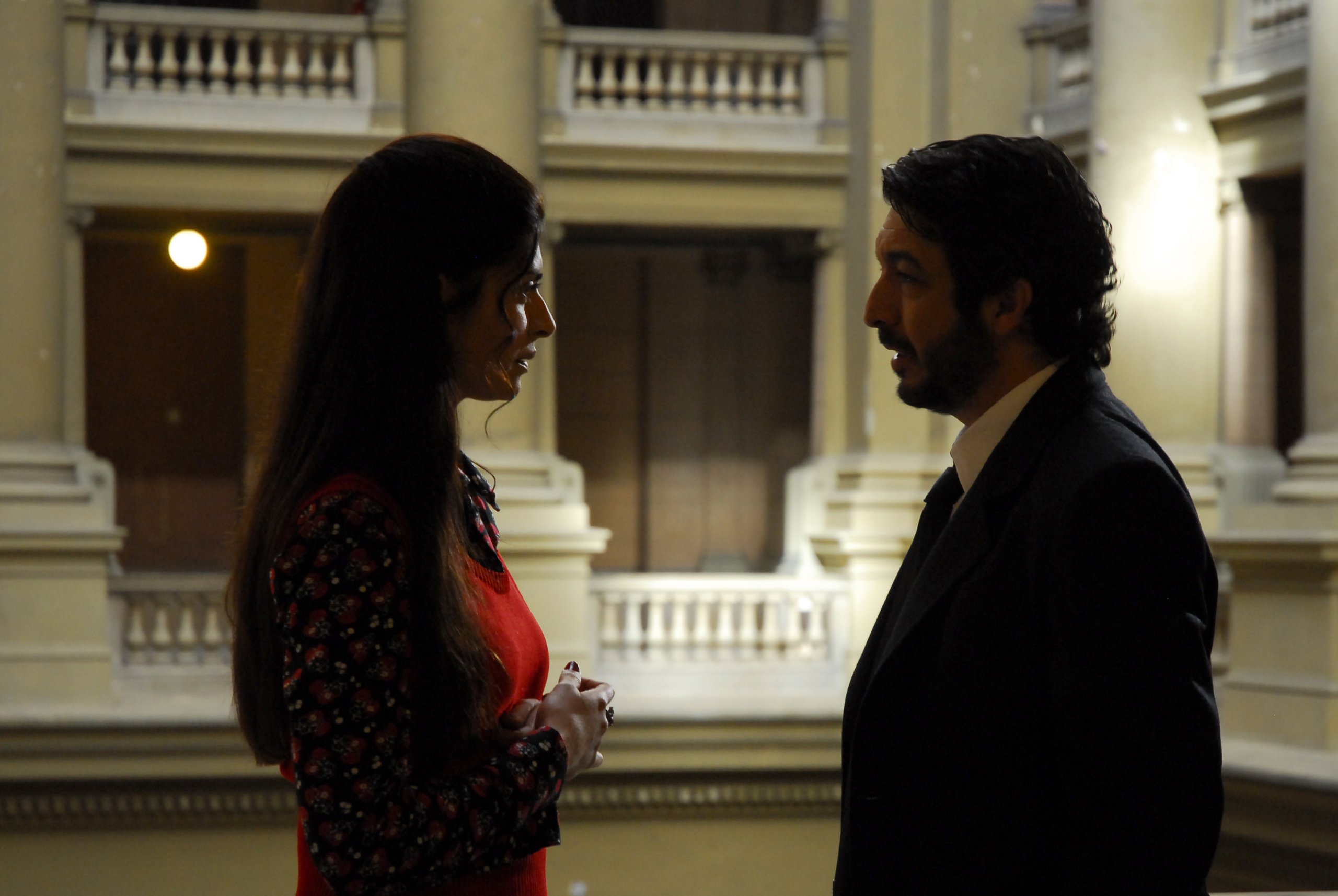
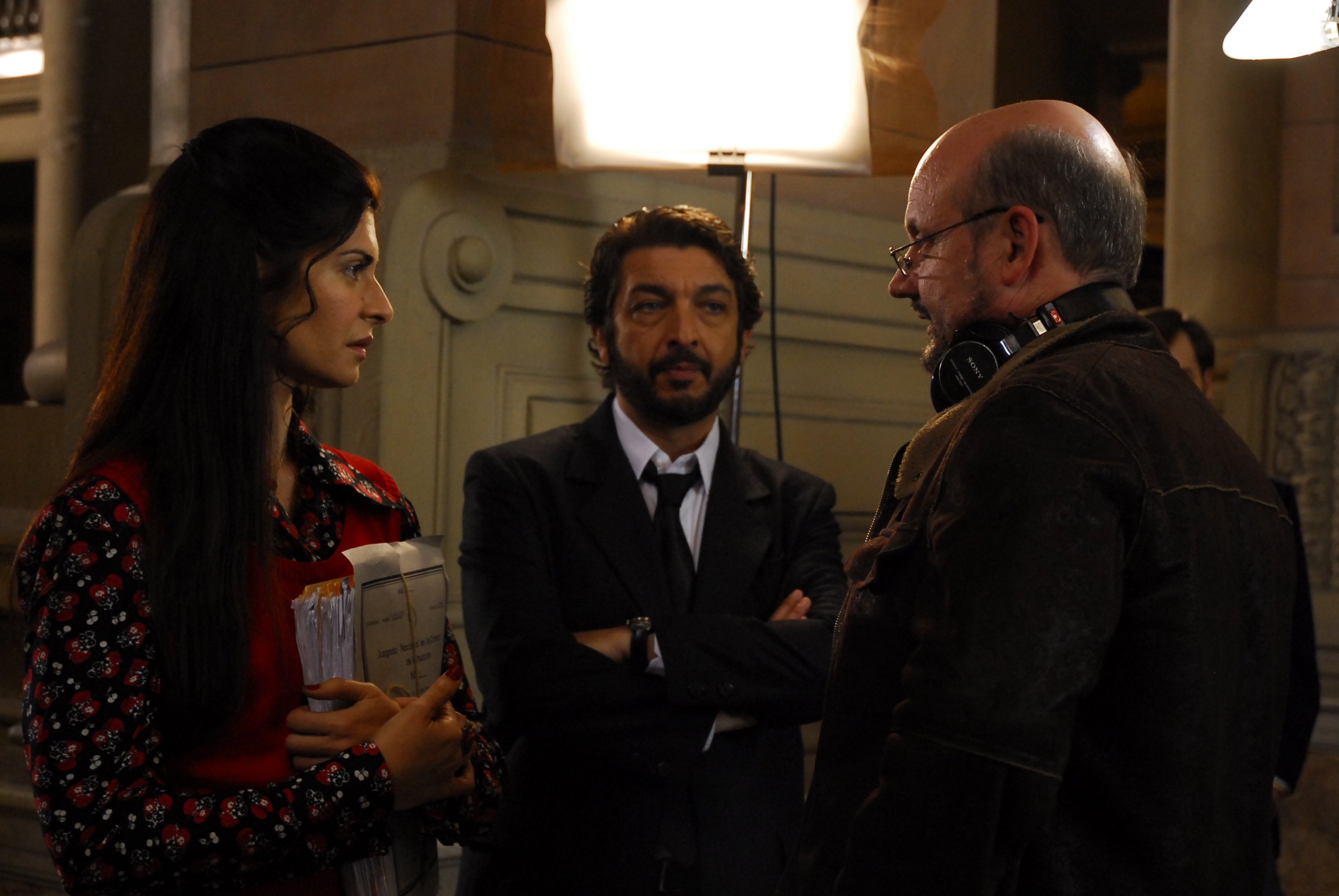
The Secret in Their Eyes (El Secreto de Sus Ojos)


D**E
The Past in the Present
I was born in Argentina, but it was only twelve years after I had left my country that I developed an interest in Argentinean cinema. As a teenager, I would go to the cinema to see American movies, just like everyone else. It would never have occurred to me to watch a movie from my own country. In the year 2000, I visited Argentina as a tourist for the first time, and my best friend suggested we see Alberto Lecchi’s _Apariencias_, with Adrián Suar and Andrea del Boca. It’s a silly movie, but I enjoyed it immensely. The humor was my kind of humor, and I was amazed to see, on the big screen, places I had been to in real life.At the time of writing, _The Secret in Their Eyes_ (Juan José Campanella, 2009) may well be the most internationally well-known film from Argentina, followed closely by _Wild Tales_ (Damián Szifron, 2014). Both of these films are in imdb’s top 250 list. _The Secret in Their Eyes_ won an Academy Award; _Wild Tales_ was nominated for one but did not win. Many years before, _The Official Story_ (Luis Puenzo, 1985), an important and problematic film, became the first Argentinean picture to receive an Academy Award. Others were nominated but have been largely forgotten outside of Argentina: Sergio Renán’s _The Truce_, María Luisa Bemberg’s _Camila_, Carlos Saura’s _Tango_, and Campanella’s _Son of the Bride_, and there is, of course, the _A Place in the World_ fiasco, although the movie itself is one of the best I’ve seen. Is _The Secret in Their Eyes_ the best Argentinean film ever made? I don’t think so, but on the rare occasions when an American friend expresses interest in Argentinean cinema, this is the film I point them to.The film revolves around Benjamín Espósito (Ricardo Darín), a retired legal counselor who decides to write a novel about a rape and homicide case he was never able to forget. In order to get his thoughts and memories in order, he reunites with his former boss, Irene Menéndez Hastings (Soledad Villamil), who remembers the case but has closed the book on it. As Benjamín writes his novel, he reconnects with Irene and they both remember the shattering events that brought them together. We gather details about the case through flashbacks.The past is the most prominent recurring theme in Argentinean cinema. It may take the form of nostalgia or of a nightmare. This gaze directed towards what has been is one of the features of the Argentinean national character. I know this is a rather categorical statement, but to put it simply, or if you will, simplistically, we are people who live in the past. Benjamín illustrates this perfectly. Irene is there to counterbalance this tendency: she remembers, but she knows it is better to forget (though not entirely). This is not just a Mulder/Scully dynamic, if you’ll pardon my X-Files reference here. Irene’s desire to turn the page responds to personal motives too.Ricardo Darín has become, for good or ill, the incarnation of the Argentinean middle-class, middle-aged male. He has occupied the place that once belonged to Federico Luppi, to Luis Brandoni, or perhaps more accurately, to Héctor Alterio. He looks like he is strong and in control, but stare into his eyes and you will see great vulnerability, sometimes even helplessness. This works perfectly in _The Secret in Their Eyes_: it is very easy for an Argentinean to sympathize with Benjamín. Soledad Villamil, for her part, is not as famous (she has been in only 23 films so far), but she is undoubtedly one of the best actresses in the history of Argentinean cinema, and this film features one of her most memorable performances. Her first important film was Lita Stantic’s _A Wall of Silence_ (1993), another exploration of the past that refuses to be forgotten; years later she appeared with Darín in Campanella’s _The Same Love, the Same Rain_ (1999), and with Julio Chávez in Israel Adrián Caetano’s _A Red Bear_ (2002). Villamil is great at embodying a sensitive woman who knows how (and when) to appear powerful and stoical. Both actors, then, are effective when it comes to showing an attitude while hiding the opposite. Both nail, in addition, the type of sarcasm that is one of the key features of Argentinean humor.The plot is compelling, and the alternation between past and present not only reflects Argentinean character, it also keeps the viewer interested as the events unfold. The ending is simply unforgettable. Part of the problem with the American remake of this film (a negligible effort that I will not discuss here or anywhere else) is that the original ending was altered, and this simply causes the entire story to fall to pieces.Great acting and a great screenplay. We need another ingredient: great cinematography. _The Secret in Their Eyes_ is beautifully photographed and features an eerie color palette that emphasizes the fact that the past lives on in the present. (This is a film about memory, just like _The Official Story_, though in a different way.) When it comes to interesting shots, look out for the soccer field sequence exactly halfway through the film. It’s a long take that you’ll either love or hate; it cannot be ignored or met with indifference. Many people cite this sequence as an implausible moment in the film. The same is said of the interrogation scene that takes place soon after. There’s truth to these arguments. _The Secret in Their Eyes_ is flawed, sure. I don’t recall having seen a perfect film so far. If you have, please let me know!Why is this not my favorite Argentinean film? Perhaps the Academy Award has something to do with it. There are many great films from Argentina, but this one won the Oscar, and when it happened I couldn’t help thinking about Campanella’s ties with the American industry. (He has directed episodes of _Law & Order_, _House_, and others.) There is no doubt that Campanella is a brilliant director, and _The Secret in Their Eyes_ a brilliant film that deserved the Oscar. (Though I feel it could equally have gone to _A Prophet_ or _Ajami_, two of the contestants that year.) It’s just that that connection bothers me a bit. I am happy that many people outside of Argentina have seen _The Secret in Their Eyes_, but I cannot help but wonder whether globalization and cultural (in this case, visual, cinematic) homogenization have something to do with this. My question, in other words, is: are people truly becoming more open-minded, or is it rather that art and expression are becoming uniform? A complex issue if there ever was one. Let’s just say I wish more people would watch, say, 80s Argentinean cinema and appreciate how different, disquieting, even jarring, it is. Now that would show a true openness.My concerns aside, _The Secret in Their Eyes_ is an important, satisfying, memorable film, and it really is one of the most effective Argentinean films ever made. If you’re new to Argentinean cinema, this is probably the best place to start, but I hope you will be inspired to watch other films from my country, especially some of the independent ones and the pre-globalization ones. There was a “golden age” of Argentinean cinema in the 40s and early 50s. The 60s saw the emergence of the first generation of independent filmmakers, such as David José Kohon, my personal favorite. This was the Argentinean equivalent of the Nouvelle Vague. The 70s were characterized by both great openness and great censorship, as films began to explore controversial topics. The films of the 80s are usually referred to as “democracy cinema;” after the end of the military dictatorships, film was finally free to explore any subjects with complete freedom. The 90s began with a crisis, until the government intervened to promote the national film industry; from then on, with the advent of international co-productions, Argentina has produced an increasing number of films per year. There is plenty of territory to explore here.My next Argentinean film will be _Taxi, an Encounter_ (Gabriela David, 2001).Thanks for reading, and enjoy the film!
S**O
Mirarnos para hablar
El cine no se parece a la mirada del hombre. Esa es una mentira que algunos se creen. Nadie observa una calle caminando de izquierda a derecha manteniendo la vista fija en un punto, ni aprecia a una multitud desde el cielo. Tampoco podríamos mirar a alguien a los ojos y únicamente ver esos ojos parpadeando, sin que nada más entre a nuestro campo de visión. Y sin embargo, seguimos diciendo que el cine es el arte que mejor imita la mirada del hombre por una razón muy simple: el cine es capaz de hacer que una serie de imágenes, cada una con una carga emocional diferente que se logra con distancias, movimientos y juegos de luces, se unan para "contar" cómo se ve y cómo se siente, un hecho. Si los ojos son las ventanas del alma, el cine es la ventana del alma de los hombres.Podríamos asegurar que alguien está enamorado de otra persona con sólo ver la forma en que la mira. Parece mentira cuando lo escribimos, pero es así. Sabemos, cuando vemos las fotos que toman al celebrar un cumpleaños, esas fotos que sus protagonistas miran en un álbum, recordando viejos tiempos, que Benjamín Espósito está enamorado, irremediablemente, de Irene Menéndez. Ellos también lo saben, pero no lo dicen, porque no lo dijeron cuando debían, veinticinco años atrás mientras intentaban atrapar a otro hombre que miraba con el mismo deseo a otra mujer en unas fotos parecidas, pero con un matiz de maldad que, como se verá después, es el que diferencia a los héroes de los criminales.Y Benjamín e Irene llegan otra vez a los recuerdos, porque Espósito ha decidido abandonar el reposo de su jubilación. Quiere convertir en novela las memorias del caso que un cuarto de siglo atrás le cambió su vida como investigador de un juzgado al que llegó Irene, recién graduada de la Universidad, para convertirse en su funcionaria superior. El sabio engaño al que nos somete el guión de El secreto de sus ojos es hacernos creer durante buena parte de la película que es el crimen sin resolver lo que él no puede olvidar, para que descubramos que son las consecuencias de haberlo resuelto lo que causa la tragedia.Ese engaño es sólo una de las muchas buenas decisiones que Juan José Campanella, guionista, editor y director de esta película, ha tomado. La primera y fundamental, fue tomar la novela de Eduardo Sacheri, "La pregunta de sus ojos" y juntarse con el autor para escribir el guión de la cinta. Sólo un guión perfecto, que no pretende decir con palabras aquello que se puede ver en imágenes, pero que al mismo tiempo le da a cada personaje el tiempo justo en pantalla (y los diálogos exactos y las acciones apropiadas) para poder conocerlo más allá de la superficie, puede combinar en dosis justas humor y drama, amor y crimen, fútbol e historia. Sólo un guión perfecto logra que 127 minutos de película se vayan en un suspiro. Y que la metáfora se vuelva realidad, cuando la puerta que nos abrió la película se cierra frente a nosotros y ese suspiro recorre toda la sala de cine.Porque ese suspiro es la conclusión de la historia de amor que hemos seguido con el corazón en el puño gracias a la forma en que Campanella nos la cuenta. Cuando Espósito comienza a escribir su novela y a volver en el tiempo, ese caso de violación nos causa la misma conmoción que a él. Cuando vemos a Irene entrando por la puerta del juzgado, vemos con los ojos de él la belleza inmortal de una mujer hermosísima. Cuando conocemos al marido de la joven asesinada y violada, nos ponemos de su parte y nos conmovemos con su mirada dolorida. La estrategia del director para aumentar la sensación de que vemos por los ojos de su protagonista, es tan simple como inteligente: imitar la manera en que vemos realmente: por eso en tantas tomas hay algo que nos estorba (una espalda, una puerta, un florero) el campo de visión. Por eso el asesino se esconde en los ángulos ciegos. Con esto convierte en una deducción "nuestra" lo que no es más que el producto de estupendas actuaciones: cada personaje esconde en sus ojos un secreto. Dos están enamorados, otro oculta algo, otro oculta a alguien, uno más tiene que esforzarse porque sus ojos de alcohólico no delaten su vicio en la oficina.Hay más decisiones impecables. Una es el reparto, en el que se confirma la calidad indiscutible de Soledad Villamil y de Ricardo Darín (la pareja que protagonizaba El mismo amor, la misma lluvia, también de Campanella) pero se descubre una faceta desconocida y admirable del cómico Guillermo Francella. Es él, su conmovedor personaje habitando su escenario natural, un bar, el encargado de pronunciar el diálogo que por fin, le hace justicia al sentimiento por el fútbol que emociona a tantos en Latinoamérica. Que el fútbol sea tratado como se merece, (mostrando desde el aire la sincronía de sus movimientos y la belleza de un tiro que pega en el palo) ya es memorable. Pero que alguien pueda realizar una proeza técnica como el plano secuencia en la cancha de Huracán (hay que verlo, pierde la gracia si se describe) sin jactarse de eso, como si fuera normal que viéramos ese tipo de tomas en nuestros cines, para seguir con ritmo impecable su relato, es ya histórico. Por eso no se puede hablar tan mal de la Academia de Hollywood, pues al darle el Oscar a mejor película extranjera a El secreto de sus ojos no sólo acertaron: le dieron la oportunidad a millones de personas de ver esta película que de no ser por el galardón se hubiera perdido en los catálogos de las distribuidoras.Hay momentos sobrecogedores, como el largo recorrido de un ascensor que desciende, o un diálogo inaudible en que un prisionero pide que alguien le hable. Hay un humor que nunca se va del todo, y que arranca las risas del auditorio, cuando segundos antes estaba al borde de las lágrimas. Está latente, como parte de la conversación posterior, la idea de qué tan justa debe ser la justicia. Y todo eso, toda esa emoción y ese contenido "intelectual", encerrados en el marco de una historia de amor llena de esperanza, que algunos juzgan como melosería y que otros llamamos elegancia. Por eso El secreto de sus ojos es más que un gran relato cinematográfico: es una de las mejores cintas latinoamericanas de la historia. Una película que prueba que el cine no es la mirada del hombre, pero cuando se hace con clase y oficio, puede ser la mirada de la humanidad.
T**H
Wow, great film that has stuck in my brain long after watching.
This is another movie that I came across in the filmography of the book, The Filmmaker's Eye: Learning (and Breaking) the Rules of Cinematic Composition. The film is definitely worth getting on Blu Ray as it is pretty. The acting is great and I think I am going to hunt down the rest of the films of the main actor Ricardo Darin who was the best part of the movie. That is not to say that his was the only great performance. His partner, the killer and the female lead all put in good performances. The only scene that seemed contrived was the interogation scene but I don't think that it really affected the enjoyment of the film. I think if you knew something of Argentine political history (I don't) you would get even more out of the film as it plays an important role in the film. It is scetched out for the uninitiated so you don't have to worry about it if you don't. The film won the oscar for best foreign film and it really deserved it. I have been watching a lot of foreign films lately and the big complaint I have is that they are often thin on plot. So many of them are more moods than stories. I guess the complaint about american movies is that their plots are contrived and too reliant on three act structures. I for one like a good plot and this movie delivers. If you are a film make-up buff, this film shows all of the characters as younger and then as older. They do a great job with all but the husband of the victom. I really had to go back and make sure that the young judge was the same as the older version. Movie magic at its best. The film needs to be purchased in bluray as it is just sumptous to look at. I'm a little disapointed that I missed this in the theater but a big screen and a bluray are a pretty good compromise.
Trustpilot
1 day ago
1 week ago